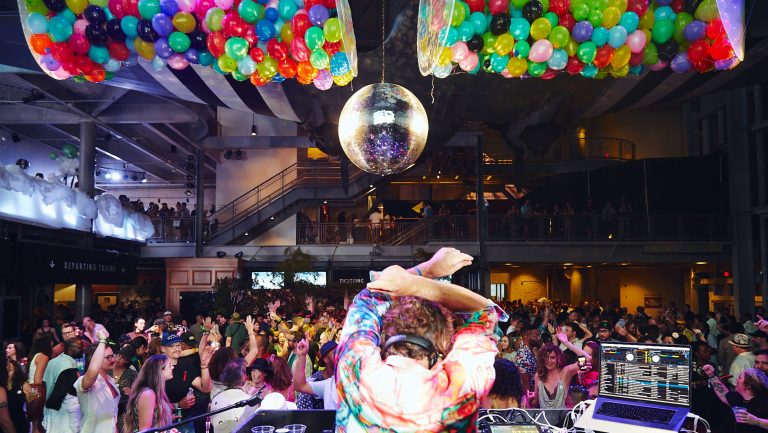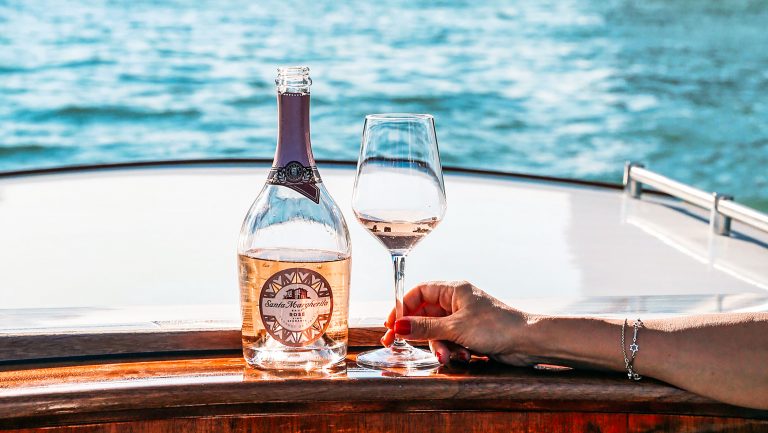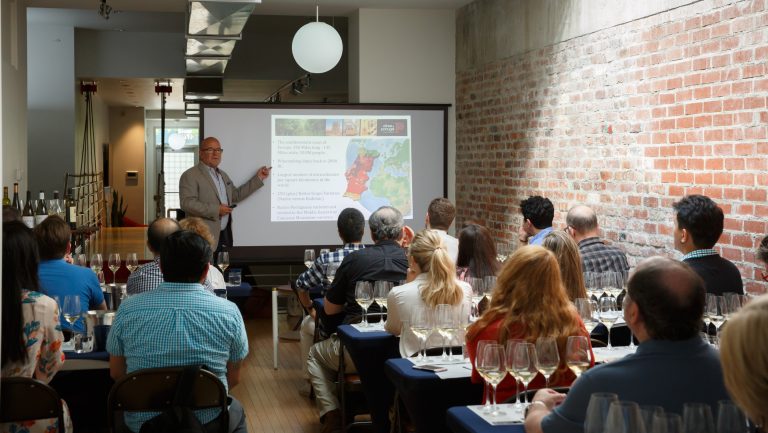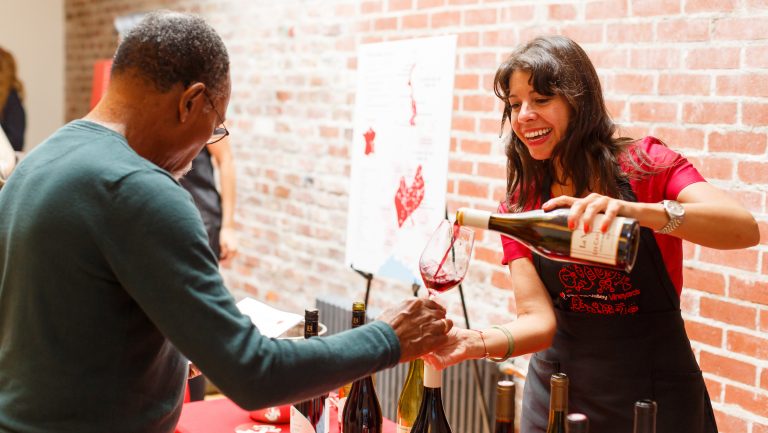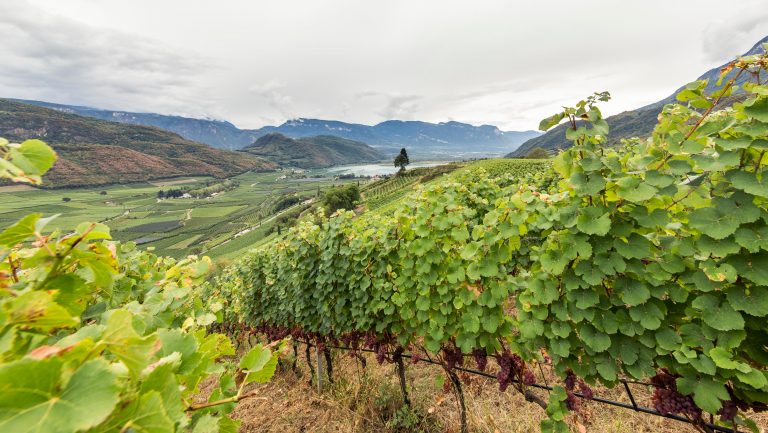This advertising content was produced in collaboration with our partner, Tales of the Cocktail.
Tales of the Cocktail, the cornerstone event of the spirits industry, turns 21 this year. Over that time period, the New Orleans cocktail conference has grown from a walking tour guiding a handful of local enthusiasts to a weeklong destination for nearly 25,000 global industry professionals. This year’s conference will feature educational seminars, brand activations, and recognition events like the Spirited Awards and the Catalyst Luncheon, honoring women, non-binary, and trans people who are driving change in the hospitality industry.
The past two decades have also seen structural changes within Tales of the Cocktail; several years ago, control transferred to the Solomon family—a New Orleans-based family of philanthropists and entrepreneurs—and restaurateur Neal Bodenheimer, who owns Cure, Cane & Table, Peychaud’s, and Vals. When they took control, they transformed it into a 501c3 foundation—Tales of the Cocktail Foundation—which serves the spirits and hospitality communities year-round, in addition to running Tales of the Cocktail.
Bodenheimer has been involved with Tales of the Cocktail since 2006, when he returned to his hometown of New Orleans from New York City and first attended the conference. “I was caught up in the magic of Tales from my first experience, and I think that’s what everybody feels even today, 21 years later,” he says. The sense of community was palpable; Bodenheimer met his current business partner, Kirk Estopinal, at Tales of the Cocktail, and when they opened Cure in 2009, it became a destination for Tales attendees.

Don’t miss the latest drinks industry news and insights. Sign up for our award-winning newsletters and get insider intel, resources, and trends delivered to your inbox every week.
Gary Solomon Jr., who is now a board member, got to know Tales as a production company partner for the Spirited Awards over a decade ago. “We as a family have developed such an affection for the spirits industry and the people that make it possible,” says Solomon. “They’ve embraced our vision for Tales being a cause for good that extends far beyond that one week in New Orleans, and we’re grateful for that.”
SevenFifty Daily sat down with Bodenheimer and Solomon to discuss how Tales of the Cocktail has changed since its inception, what issues are top-of-mind for the bar community right now, and what the future has in store for the foundation.
SevenFifty Daily: How have you seen Tales of the Cocktail change over its 21-year history?
Neal Bodenheimer (NB): When Tales started, it was a small business—just a group of enthusiasts doing a walking tour. They were constantly trying new things, and they built a really incredible, community-led event. But along the way, it was growing so quickly that, in some ways, it ceased to represent the bar community and bartenders as much as it had previously.
When we got involved, we wanted to shore up the foundation. We asked bartenders, “What do you need? What are the things that you need help with? What do you expect from Tales?” Then the pandemic hit, and we just had to make sure that it survived. It was difficult, and we were very lucky to have brand partners that really believed in the work we were doing and were willing to help us to underwrite it.
Last year was really the first time that we got a chance to do Tales where there wasn’t some sort of crisis, and it was magnificent. I anticipate the year 21 will be even more special.
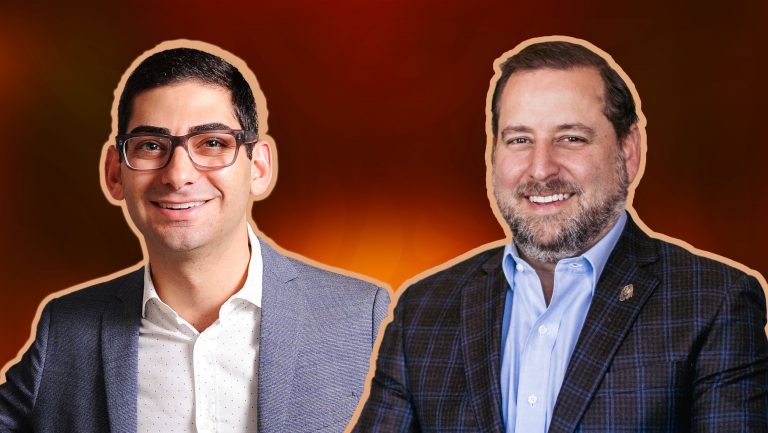
Gary Solomon Jr. (GS): We made a big move last year to the Ritz-Carlton, and it elevated the professionalism across the board. It felt like it met this community and this industry where they are: as real professionals that deserve a fully beautiful hotel to support the programming.
The other part that has shifted is the range and depth of global voices and perspectives. Over 60 percent of our sessions this year are going to be led by women or BIPOC presenters. About 40 percent of our seminars are led by international presenters. Last year, we had attendees from 47 different countries. This is really thanks to the work of these inclusive and diverse committees, and they’re ensuring that the voices that take the spirits industry’s most prominent stages are reflective of their global perspectives.
As a community-led organization and event, what are you hearing as the biggest issues that bar professionals are facing today? How is that reflected in this year’s programming?
NB: When we got the education committee together in Brooklyn this past spring, they told us that the number one seminar submission for the past three years had been about agave. However, this year was the first year that no- and low-alcohol topics had surpassed it.
We had a 20-year keynote last year that Brandy Rand from IWSR Drink Market Analysis did for us, which talked about our changing alcohol consumption environment. Not only is THC influencing that, but also Gen Z is here, and they use alcohol differently than millennials and Gen Xers. We’re in a changing time, and I think that people are really just trying to understand where we’re going.
At the same time, we’ve realized that there’s been a lot of attrition in the business—the pandemic was the straw that broke the camel’s back for a lot of people in hospitality. How do we create sustainable careers in hospitality, particularly beverage hospitality? Part of that means we need to ask how to make sure that people have a responsible relationship with alcohol. We also need to ask how we can do policy work to make sure that people can actually be proud of a career in hospitality and do this for their whole life. The sustainability of the career is a huge, overarching subject with a lot of facets, and we spend a lot of our time on it.
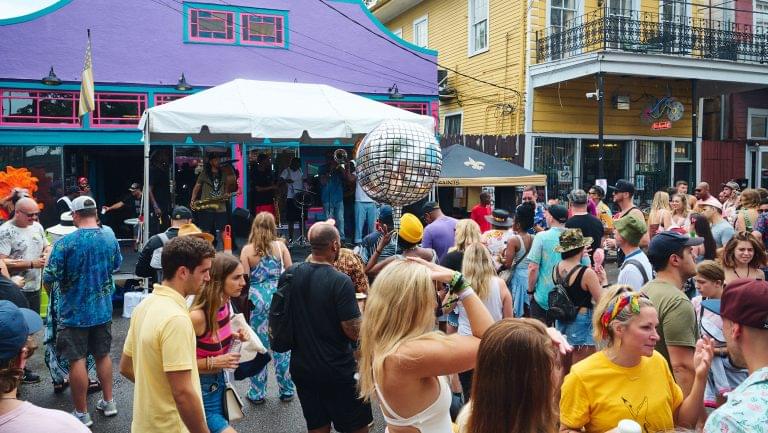
The flip side of that is, we realize that there are more new people in hospitality than there have been in a very long time. We have to take a look at the education that we’re providing and make sure that that education meets people where they are.
People know Tales of the Cocktail Foundation for your flagship cocktail conference in July, but what do you do for the other 51 weeks of the year that we don’t see?
GS: It’s a lot! We’re really tapping into the issues that are on the horizon for bartenders, bar owners, and spirits professionals year-round and trying to figure out how we can bring together, fund, and support causes and initiatives that have the power to create impact in the communities we serve.
That happens in so many ways. It happens through digital education programs and through brand partnerships that help deliver resources to bartenders where and when they need it most. It happens through our grants program and our philanthropy initiatives, where we are leveraging our power and financial resources to invest in programs that make a difference. It happens in some policy work we’re doing at the state and federal levels, where we’re trying to make sure that wages and workplace environments are mutually supportive of bartenders’ goals and their professional careers, as well as those of the bar owners.
The work is deep, and kudos goes to our committee members and our staff. The work that they do on a nonprofit budget is pretty amazing, and it wouldn’t be possible if it wasn’t for our brand partners that support it as well.
What do you think is the biggest misconception about Tales of the Cocktail?
NB: Everybody thinks that you just come down to Tales to party, but that’s just not true. Tales does have a lot of parties, but it’s rooted in good. It’s rooted in education, and to be honest, it always was. But because the parties are over the top, they get the most attention.
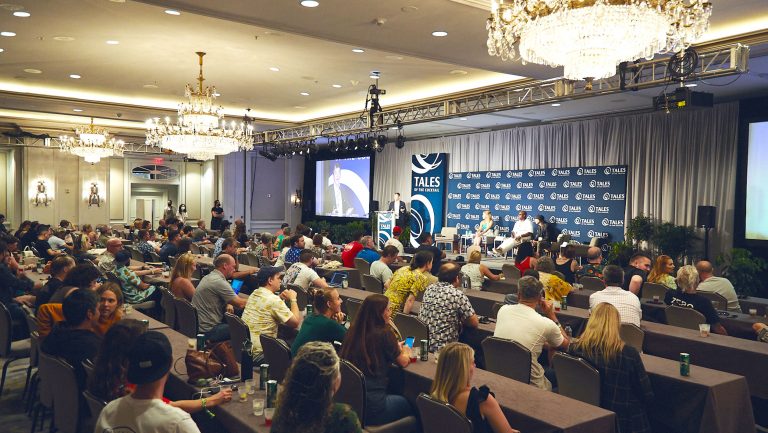
Education has always been the beating heart of Tales, along with its ability to convene so many bar industry members. It’s the kind of thing that happened with my business partner and me—you meet somebody, you create a network, and that network results in something that is really special down the line. That constantly happens at Tales.
GS: Tales is also a powerful business tool. The brands that see the benefit of it are getting tremendous benefit from it, and those that think it’s just a party are missing the boat on how the Tales organization, event, and community can really supercharge business results. Tales is all rooted in helping people advance their careers and having longer lasting, better economic potential.
What does the future have in store for Tales of the Cocktail?
GS: I hope for deeper global reach. We have great roots all across the world, and it’s time to go deeper with them and to continue to tap into those global perspectives and understand how Tales as a vehicle can help in corners of the world that we don’t see every day.
While there are unique challenges in different parts of the world—due to different laws, alcohol distribution methods, workplace environments—there’s also a lot of shared learning that could be done.
NB: That really is our goal. We want to make the world a smaller place, and we want to think about the things that unite us rather than things that divide us. The thing I love about hospitality is that there are no barriers to entry. Some people have almost no education; others are highly educated. Some are from an affluent background; others have a few dollars in their pocket. Hospitality is the great evener. It’s incredible to think, as we start to forge a community, what that could mean for the way that the world exists.
This interview has been edited and condensed.

Dispatch
Sign up for our award-winning newsletter
Don’t miss the latest drinks industry news and insights—delivered to your inbox every week.


